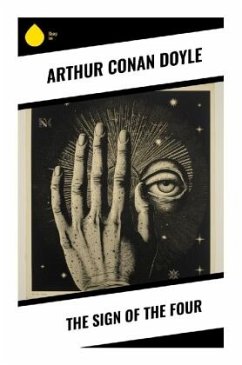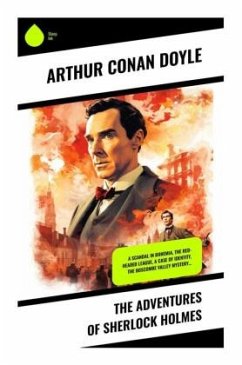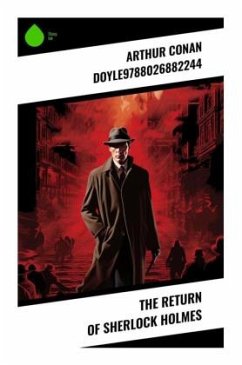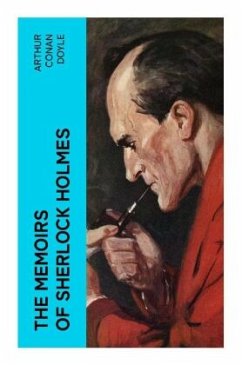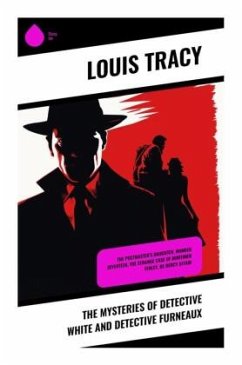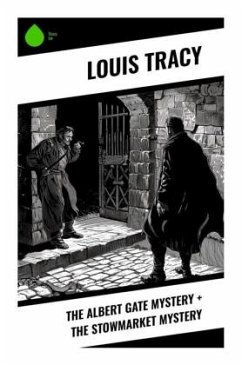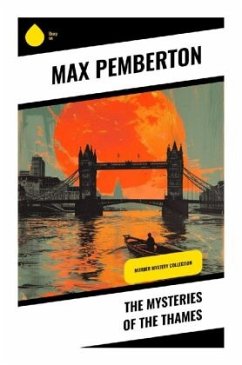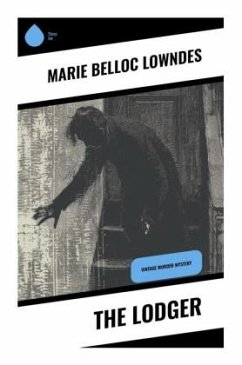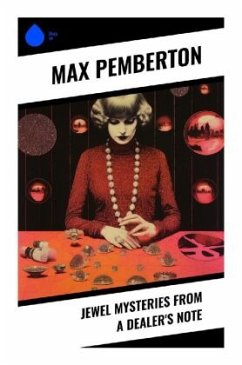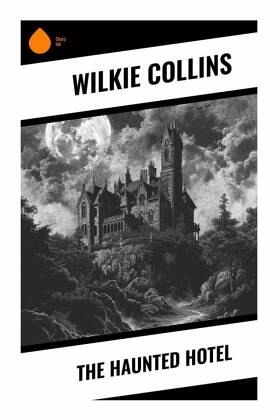
The Haunted Hotel
Versandkostenfrei!
Versandfertig in 6-10 Tagen
10,00 €
inkl. MwSt.

PAYBACK Punkte
0 °P sammeln!
In "The Haunted Hotel," Wilkie Collins crafts an intricate narrative that deftly blends elements of Gothic horror and Victorian mystery. Set against the backdrop of a seemingly idyllic yet eerie hotel in Venice, Collins weaves a tale that explores themes of betrayal, supernatural occurrences, and psychological intrigue. His signature use of suspense and complex characterizations invites readers into an unsettling atmosphere, exploring the blurred lines between reality and the supernatural. The novel exemplifies Collins's mastery of the serialized format, engaging readers with cliffhangers and ...
In "The Haunted Hotel," Wilkie Collins crafts an intricate narrative that deftly blends elements of Gothic horror and Victorian mystery. Set against the backdrop of a seemingly idyllic yet eerie hotel in Venice, Collins weaves a tale that explores themes of betrayal, supernatural occurrences, and psychological intrigue. His signature use of suspense and complex characterizations invites readers into an unsettling atmosphere, exploring the blurred lines between reality and the supernatural. The novel exemplifies Collins's mastery of the serialized format, engaging readers with cliffhangers and revealing the psychological depths of his characters in true Victorian fashion. Wilkie Collins, a contemporaneous of Charles Dickens, was a pioneer in the detective fiction genre and is often credited with influencing the modern mystery novel. His personal experiences-growing up in a household steeped in arts and literature, combined with his encounters with mental illness and the supernatural-deeply informed his storytelling techniques and thematic choices. These personal battles echo within the narrative of "The Haunted Hotel," where the interplay of human psychology and the supernatural serves as a conduit for his incisive social commentary. I highly recommend "The Haunted Hotel" for readers who appreciate richly layered narratives that provoke critical thoughts on human nature and society. Collins's blend of suspense, intrigue, and supernatural elements will captivate fans of Gothic fiction and those intrigued by the complexities of 19th-century society.



